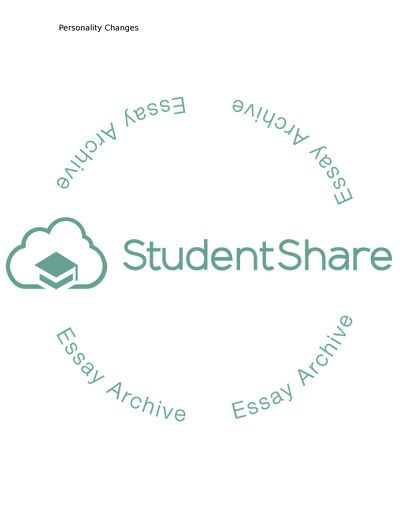Cite this document
(“Change in Personalities of International Students after Studying in Essay”, n.d.)
Retrieved from https://studentshare.org/psychology/1396435-change-in-personalities-of-international-students-after-studying-in-north-american-schools
Retrieved from https://studentshare.org/psychology/1396435-change-in-personalities-of-international-students-after-studying-in-north-american-schools
(Change in Personalities of International Students After Studying in Essay)
https://studentshare.org/psychology/1396435-change-in-personalities-of-international-students-after-studying-in-north-american-schools.
https://studentshare.org/psychology/1396435-change-in-personalities-of-international-students-after-studying-in-north-american-schools.
“Change in Personalities of International Students After Studying in Essay”, n.d. https://studentshare.org/psychology/1396435-change-in-personalities-of-international-students-after-studying-in-north-american-schools.


